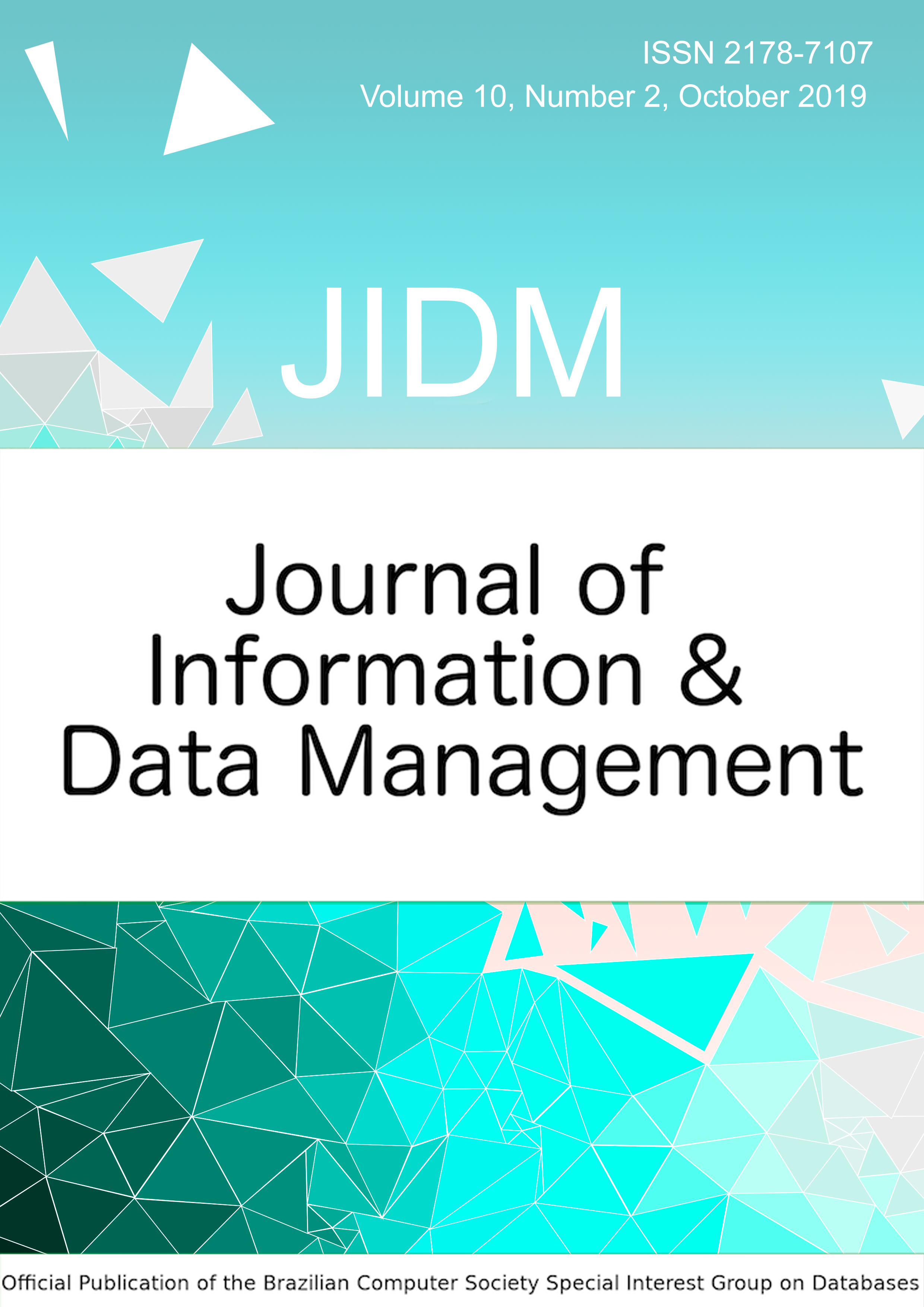Time Series Forecasting to Support Irrigation Management
Abstract
Irrigated agriculture is the most water-consuming sector in Brazil, representing one of the main challenges for the sustainable use of water. This study has investigated and evaluated popular machine learning techniques like Linear Regression and M5', deep learning models and univariate time series models to predict the value of reference evapotranspiration, a metric of the water loss from crop to the environment. The reference evapotranspiration, ET0, plays an essential role in irrigation management since it can be used to reduce the amount of water that will not be absorbed by the crop. We performed the experiments with two real datasets generated by weather stations. The results show that the deep learning model is data hungry and outperforms the other approaches when we increase the training data. By contrast, M5' outperforms the other methods when the training set is small. However, univariate time series model is a viable and lower cost solution for predicting ET0, since we need to monitor only one variable.

